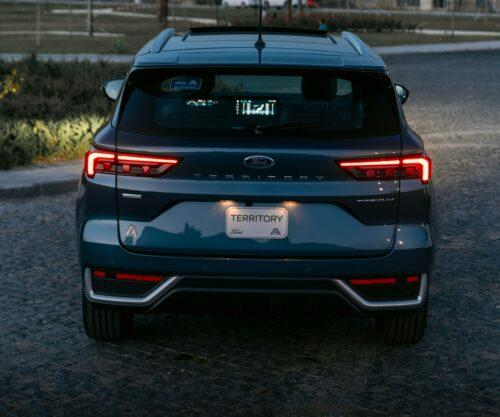
The process of buying a vehicle requires research and guidance, as there are so many fraud and new car scams floating around on the internet. According to an article featured in BusinessTech in January, a Sunday Times report claimed that approximately 20,000 vehicles are illegally registered and sold in South Africa each year. We give you tips to avoid being a car sale scam victim.
Here are 6 practical tips to avoid being a car sale scam victim:
1. Avoiding scams. If a car is offered at a much cheaper price, ask yourself why? “If it looks and sounds too good to be true, it probably is.” Make sure the seller has a valid address and telephone number – be wary of mobile phone numbers, always visit the seller at his/her home and never buy without seeing and driving the car first.
2. Payment. Never send money overseas – it’s often the preferred method of a fraudulent seller acquiring money illegally. Only pay for the car when you physically collect it from the seller. Be wary of requests for upfront payments or private information, a false sense of urgency or requests to provide unnecessary details – it could be a car export scam.
SEE ALSO: What to know when buying your first or a newer car
3. History check. It is important to make sure you have a history check on any car you’re interested in purchasing. It will tell you whether it is:
- Recorded as stolen, written-off, or scrapped
- Recorded as previously repaired by an insurer after an accident
- Has outstanding finance or has been leased
- It can also uncover mileage discrepancies and confirm registration details, the number of owners, the Vehicle Identification Number (VIN) as well as other original details. This allows you to confirm details with the seller against the car’s paperwork
- History checks are also available for bikes and vans
The benefit of buying a car from a reputable car dealer like Imperial Auto is that they can provide you with the history check.
4. Test drive the car. It’s really important that you physically check the car and see the documentation. Never buy without seeing or driving the car first, preferably in daylight when it’s easier to spot damage.
Ask the seller if you can see the original NATIS (registration document) and Road Worthy Certificate. Check that the Vehicle Identification Number (VIN) on these forms is the same as that on the car. This number is commonly found on the chassis or on the windscreen.
SEE ALSO: 9 tips for driving and maintaining your car in winter
5. Price. Always check the car’s market value by getting a valuation or comparing the price with other similar models advertised. If it’s being offered at a much cheaper price, ask yourself why.
6. Paperwork. You must see the original NATIS (registration document), service history and Road Worthy Certificates before handing over any money. Ensure all documents are the originals and not photocopies.




